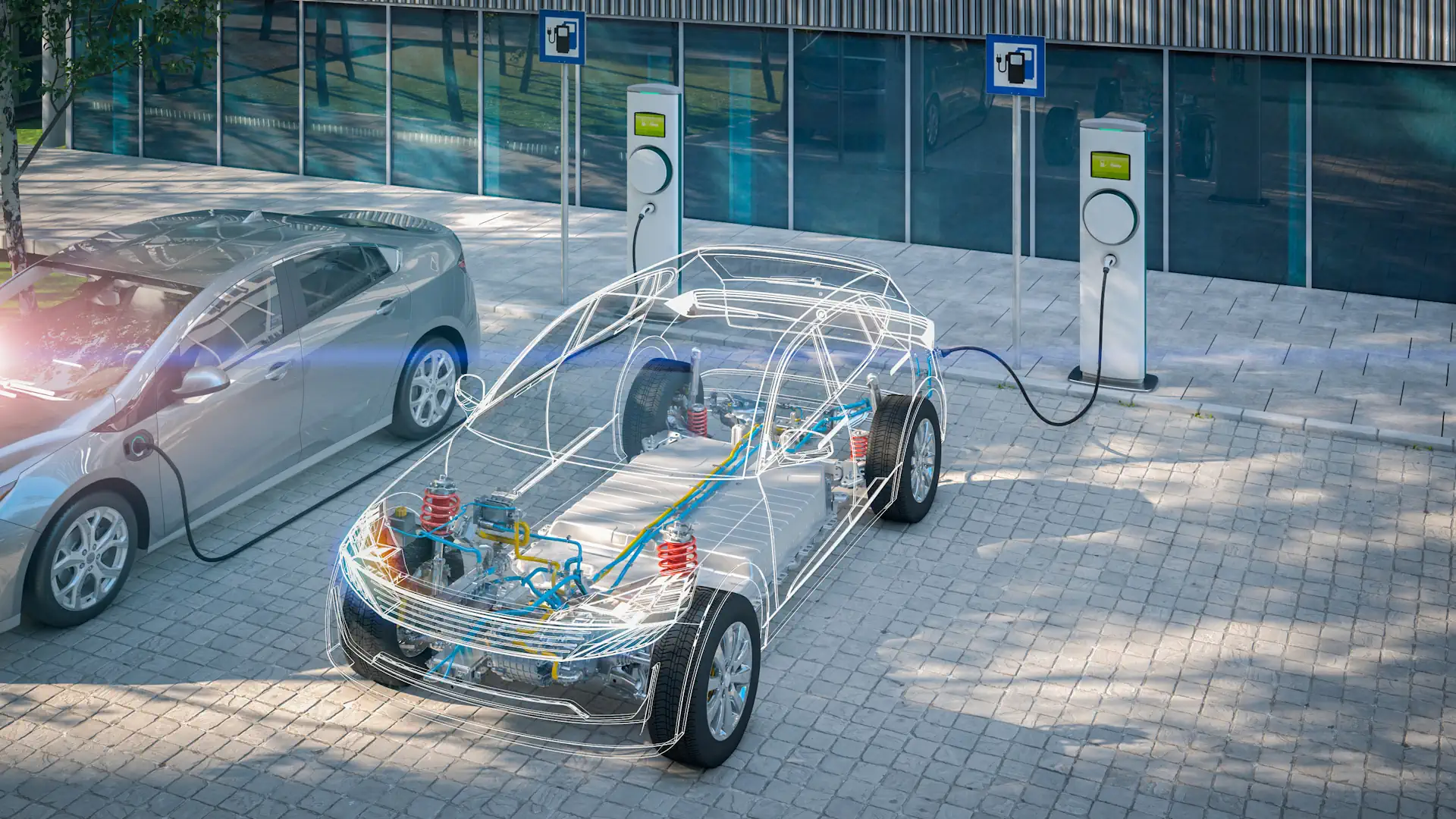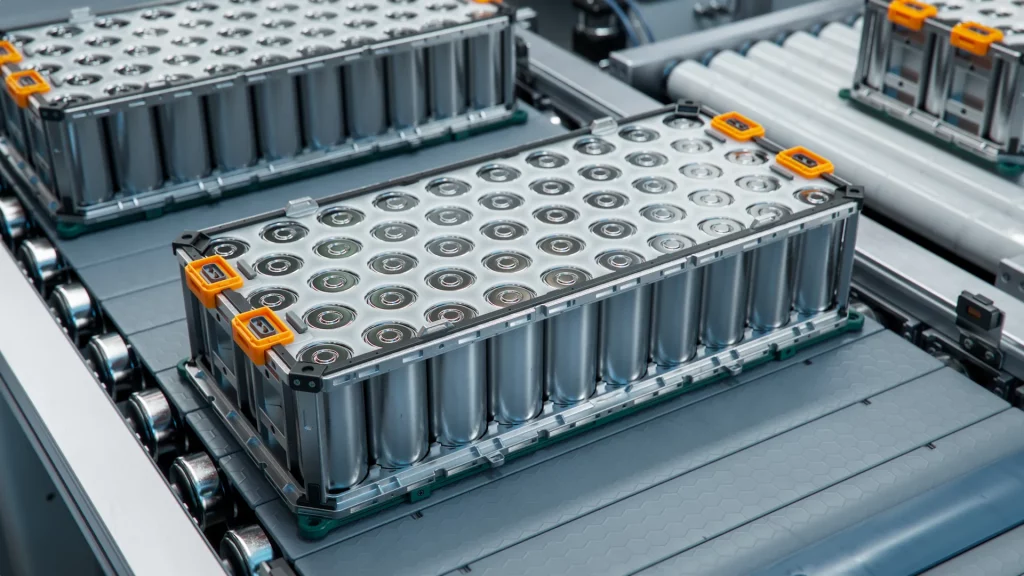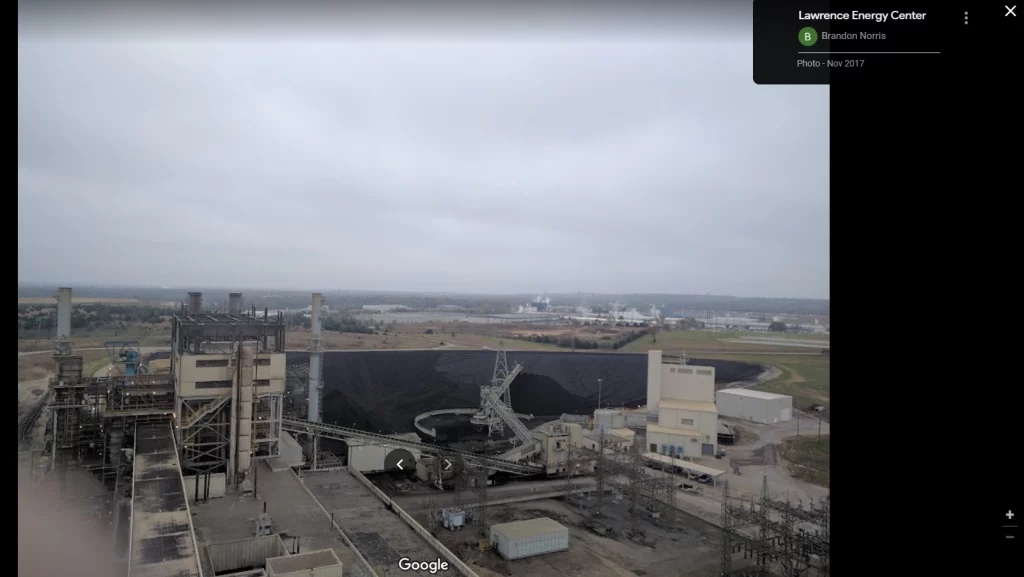
An EV battery factory requires so much energy that, paradoxically, it needs a coal-fired power plant to power it
Panasonic's $4 billion electric vehicle (EV) battery plant in Kansas is helping the U.S. administration's efforts to get everyone to EVs, while also extending the life of coal-fired power plants. Namely, the new EV battery factory requires so much energy that the state is postponing the “retirement” of a coal-fired power plant in a nearby town, so that the factory would get enough electricity from it.
This apparently not so “green” factory will need between 200 and 250 megawatts of electricity to operate, which is roughly the amount of electricity needed for a small city.
A representative from Evergy, the company that supplies the plant with energy, said the four-million-square-foot Panasonic facility “creates short-term challenges from a resource adequacy perspective,” according to CowboyStateDaily.
As a result, the company will continue to burn coal at the plant and will delay the plant's transition to natural gas.
The EV battery factory and coal are not the happiest “environmental” tandem
Japan's Panasonic is set to receive as much as $6.8 billion from the government thanks to the US Inflation Reduction Act, which is investing billions in electric vehicle and battery factories as part of efforts to wean the US off fossil fuels.
 Shutterstock
ShutterstockHowever, environmentalists are not exactly happy about it, considering that the whole story about EVs ignores the fact that their production requires a huge amount of energy. One of the ways to obtain that energy is obviously coal, which is considered a polluter of the environment.
A lithium-ion battery weighing 15 pounds (almost 7 kilograms) has about the same amount of energy as one pound (about 0.45 kg) of oil. To make one lithium-ion battery, about 3,200 kilograms of stone and dirt are needed to obtain the minerals that go into that battery. The average battery for electric vehicles normally weighs about a thousand pounds, or about 450 kilograms.
 Google maps screenshot
Google maps screenshotThe math goes on to say that all that mining and factory processing to make the batteries themselves produces more carbon dioxide emissions than the gas cars themselves. This means that EVs have to be driven between 80 and 100 thousand kilometers before there is even a net reduction in carbon dioxide emissions.
This means that as more EV factories are built, there will be increasing demands for electricity.
Cyrus Western, a Republican from the House of Representatives of Wyoming, says on this topic that many people are not aware of how the energy is produced to create a reliable electric grid.
“Kilowatts don't just fall from the sky,” emphasizes the politician and adds that this electricity has to come from somewhere, and it's not solar farms and windmills.
He claims that renewable energy sources are an excellent source of “auxiliary additional energy”. However, precisely because of the mentioned problems, without a solid base load for a stable energy supply, they do not work.
And that is, for now, the reality that the proponents of the green agenda still cannot face.